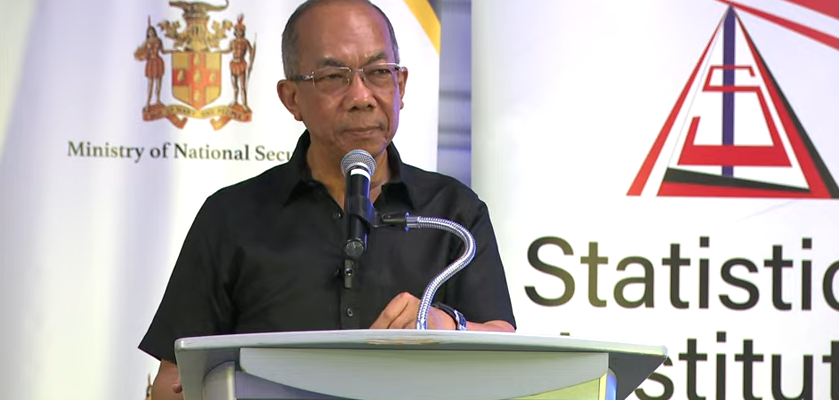
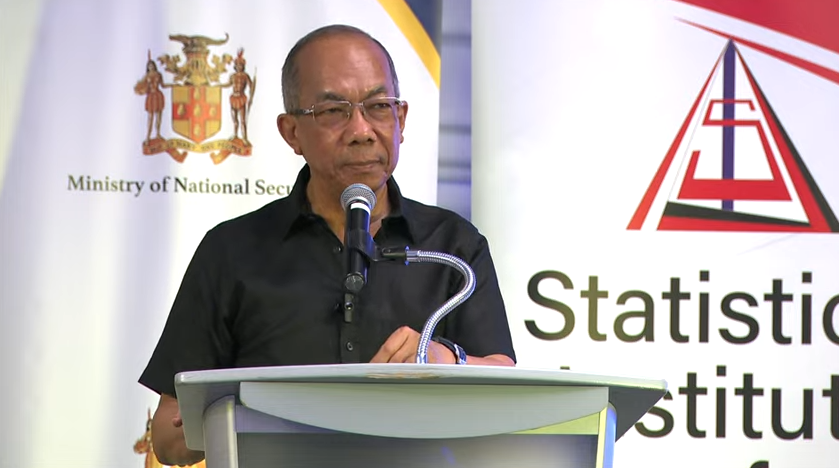
Minister of National Security Horace Chang said using data to plan and design policy is crucial to curtail the homicide rate in Jamaica.
In his address at the 2023 Jamaica National Crime Victimisation Survey Report on Wednesday, March 28, Chnag expressed gratitude to the dedicated team that has been working to help address the issue of victimisation on the island. “I am very pleased to be here this morning to launch this particular iteration, 2021, 2022, 2023, and to commend the team that conducted this, both from the Ministry of National Security that guided this and the Statistical Institute of Jamaica (STATIN) for the work that they have been doing, in fact, not just in terms of the national crime victimisation survey but for the work they are doing in bringing empirical data to bear on national issues and to allow for better planning,” he said.
Chang outlined that crime victimisation is a very sensitive and emotional issue while indicating that depending on where individuals are in the field, their mood can swing dramatically. “One of the series of surveys we have been having is that there is, in fact, a very low level of crime victimisation. In fact, it’s running near 90 per cent who will tell you they don’t expect to be victimised in any way or to be engaged by any criminal perpetration in the next 12 months when you ask them, but we have one of the highest homicide rates in the Caribbean and Latin America region.”
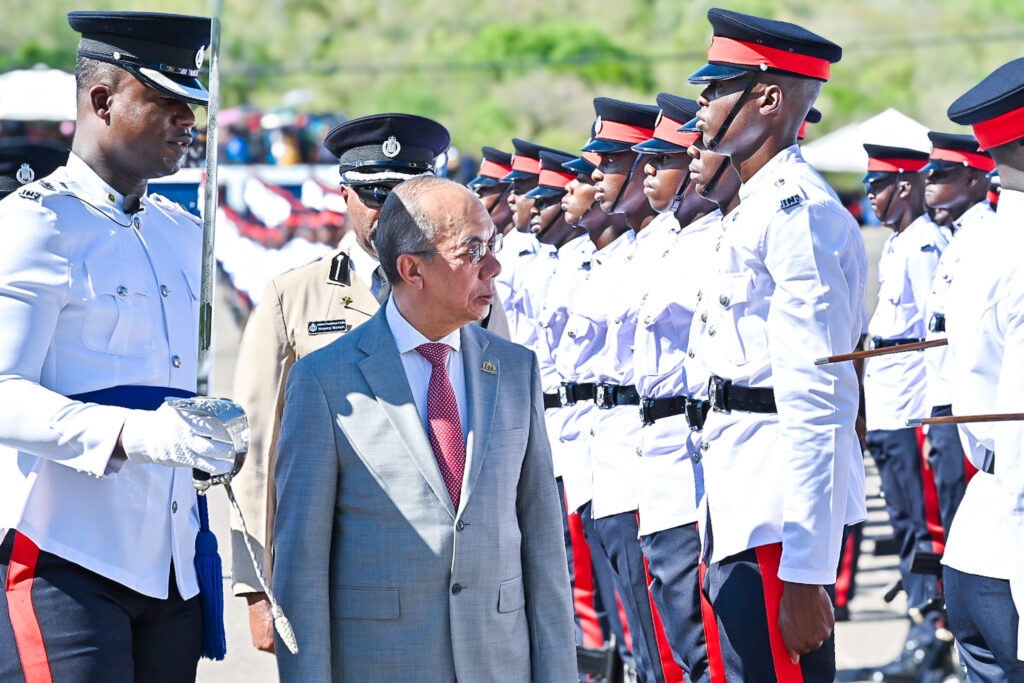
He stated that this statistic is a contradictory position, but that’s the reality the ministry has been having in almost all the surveys that they have had. “It gives some level of truism to the fact that much of our violence is intra- and inter-gang. When you examine personal violence—housebreaking, which are issues of victimisation—some of the safest communities for the population already have the highest level of homicide… what it also shows is that in those communities you don’t have many strangers moving into them. Once a community is established, the gangs evolve. They fight with each other, but they protect the community to some extent, and it’s an issue that we have to deal with at the national planning level.”
Chang further emphasised that the data have a number of spin-offs besides the fact that it allows for a level of stability in the face of high violence. “It also allows us to be more focused in our criminal targeting because if we focus on the gangs as both a curative and a preventative measure, in other words, if we seek to disrupt the gangs, we can have significant success in impacting homicide and violence, while at the same time, if we move aggressively on the social intervention programme within the institutions to look at diverting the young males from entering gangs, we will have the medium-term impact that we want.
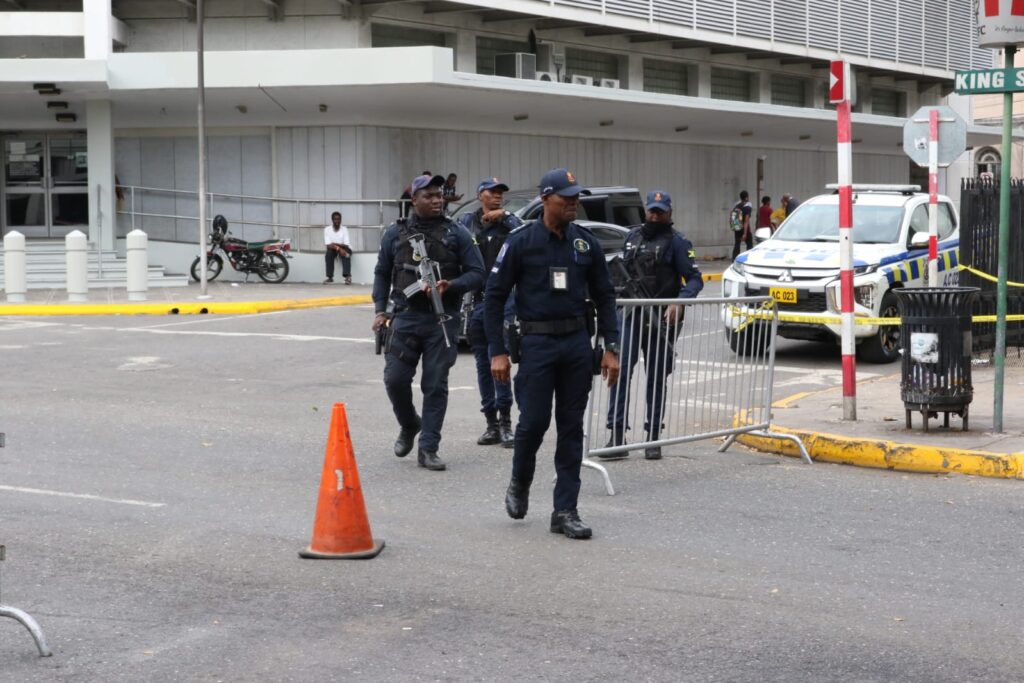
“And this has been the approach of the ministry for over the last 10 years to attack the gangs. We have to ensure that we have an effective, efficient police force, and that is the first charge we gave. There’s a lot of debate surrounding it, and this is where statistics become very valuable in what you do. We have to have some strong measures, and there has been work done to demonstrate that a state of public emergency is very effective in reducing homicide, which means expanding the numbers of the police force to 4000 or 5000 police officers,” he continued.
Chang stated that it is impossible to track and disrupt gangs if community institutions are built. “If you build community institutions without disrupting the gangs, then the gangs actually become beneficiaries of the work you do in the community. The ministry team has set about transforming the police force from being too small, undertrained, under-equipped and working in extremely difficult conditions.”
He expressed that the ministry is at a turning point; though there’s more work to do, we now need to uplift the police force. “Our police force for the first time at establishment level is 14,000, which gives the police significant numeric strength in dealing with the many hotspots and criminal gangs across the island.”
Chang also underscored that once the ministry completes the investment in terms of stations, infrastructure, and communications, the country certainly will get the impact that they want.
“It also means we have to pivot. We have been doing a lot of work on the social intervention side, but it will allow us now to focus more heavily on the social side because the public order now is to get our schools in order; school violence is a serious issue. It means resources besides the school resource officer have to be put in the schools and deal with families in the difficult communities,” he said.


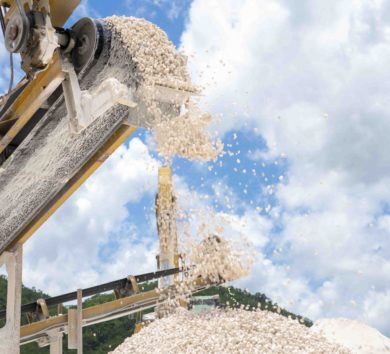
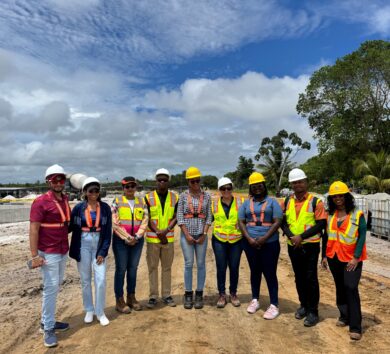


Comments